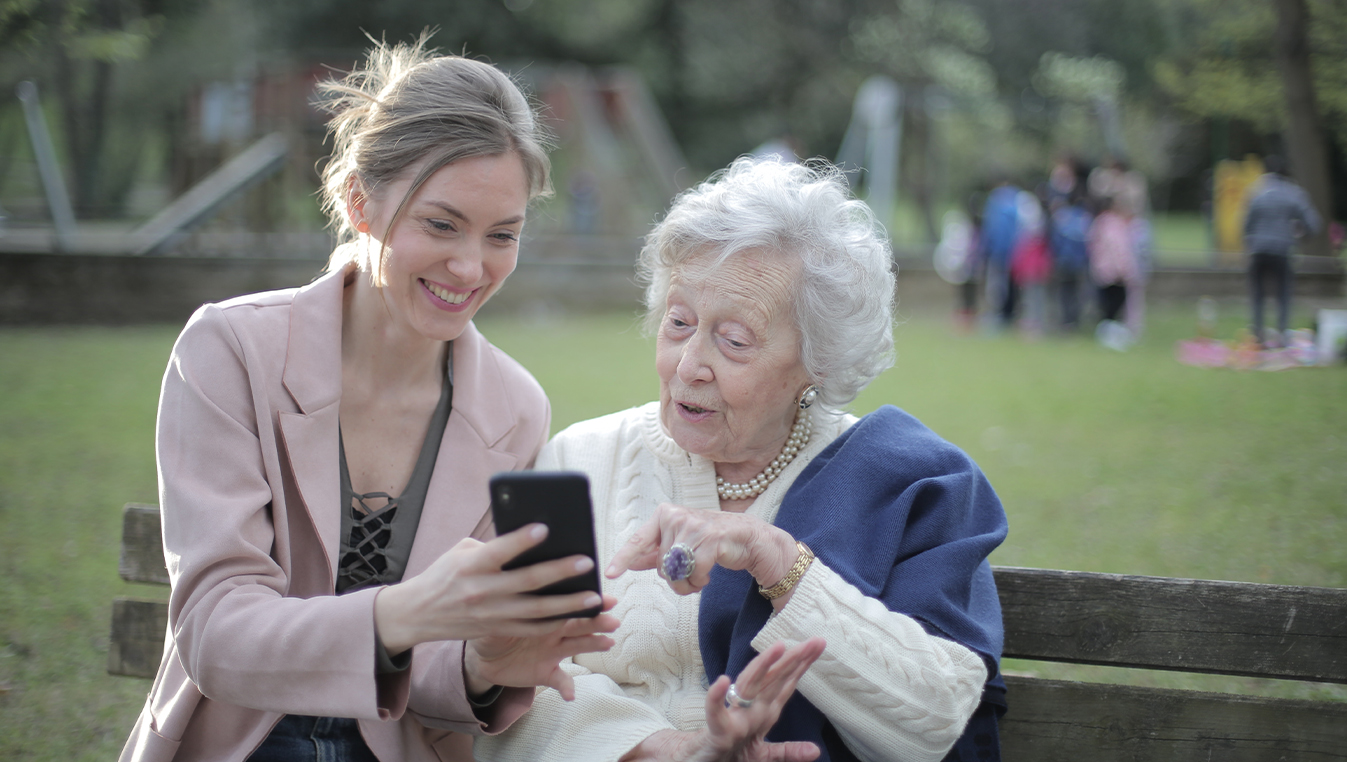Horse riding was compulsory for IAS trainee officers when I joined the Academy in 1975. However not all officers enjoyed this compulsion. Getting up early in the morning, wearing breeches and climbing down the valley to face the generally rude Sais hardly pleased anyone of us. As one assumes district charge, the relevance of riding becomes clearer. It is told during the probation period that a district is like a horse - unpredictable. If anything goes wrong, it is the Collector who is held responsible and not the district. Like the four stages of riding: walking, trotting, cantering and galloping, the Collector has to come to the command of the district in stages. He has to know when to kick and where, when to pull the reins and how much. Having crossed all these initial stages of administration, as I look at life in this world, I feel that even this world is like a horse. To enjoy living in this world one should know how to ride it.
The first step in riding is mounting. One has to avoid rough, jerky movements as one mounts the pony. These may startle the pony and cause it to shift position, making mounting much harder. In the same fashion the entry to the worldly life has to be smooth. It can also be compared with the take-off of an aeroplane. It has to be smooth and needs proper planning. It is like student life which prepares you for mounting the world. ‘
Having mounted the horse, one should learn the techniques of riding. The first stage is proper positioning. It includes holding the reins and sitting properly. This is quite important for the next stage that is pacing. In this world also one has to be in command as well as in a state of alertness. The world has to be faced with confidence. ‘Be careful but not fearful’ should be the guiding factor. Having mounted and taken a comfortable and alert position, one is ready for pacing.
You cannot run very fast right from the beginning. It has to be in stages. The first stage is ‘The Walk’. In this stage the rider should hold his head high and focus his eyes straight ahead but the hands and body should move slightly in response to the horse’s movement. This is the stage when you judge the world and the world judges you. If the going is smooth one can shift to the next stage which is ‘The Trot’. This is the most important stage and a very active pace. The rider must learn to rise from the saddle as one diagonal hits the ground and sit back as the other comes down. Once you have learnt the rising trot you will never forget it but it takes a lot of practice. In worldly life also it is the most important stage. One must learn to rise and sit with the world and if one does not or does so out of phase, the result will be painful.
Having properly learnt the stage of ‘The Trot’, one enters the stage, called ‘The Canter’. In this stage the rider should sit well down in the saddle and his hands and body should follow the rhythm of the pony as it canters along. He has no longer to rise up and sit back with pony. The world too behaves in a similar way once you cross the trotting stage. Having braved the ups and downs of the world, you learn to be in rhythm with it and then the ups and downs of the world no longer bother you. You have just to sit well down in the saddle and let the world run itself while you enjoy the riding best.
The last stage is ‘The Gallop’. The gallop is simply a fast canter. When galloping, the rider should not allow his weight to fall on the pony’s back. He has to lean forward and raise himself just clear of the saddle. His back should be straight, head up and shoulders forward. He should support his weight on his knees and feet. Is it not the same with the world also? Having fallen in the rhythm with the world, a stage comes when one rises above it. He has no more to sit over it. That is to say, that he is unaffected by the world though still being in it. This is the ultimate in the riding of the world as well as the horse. Having mastered these stages, riding becomes merely a pleasure, a sport or whatever name you may give it. Is riding not relevant for all of us to enjoy living in this world?













